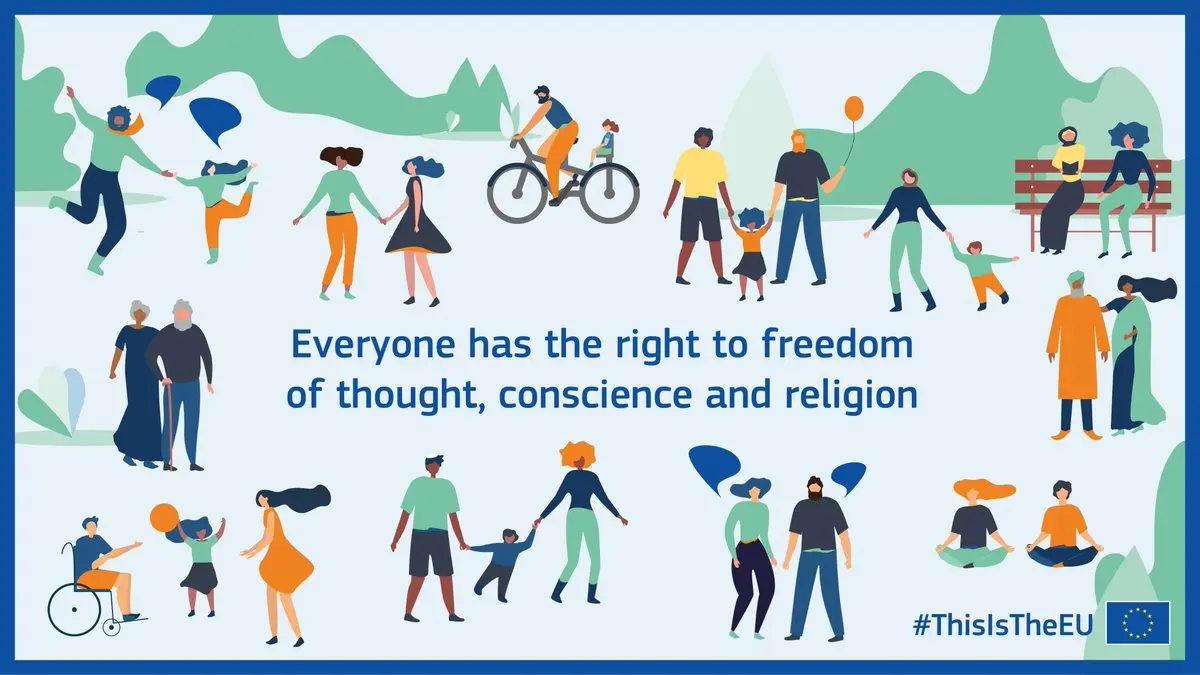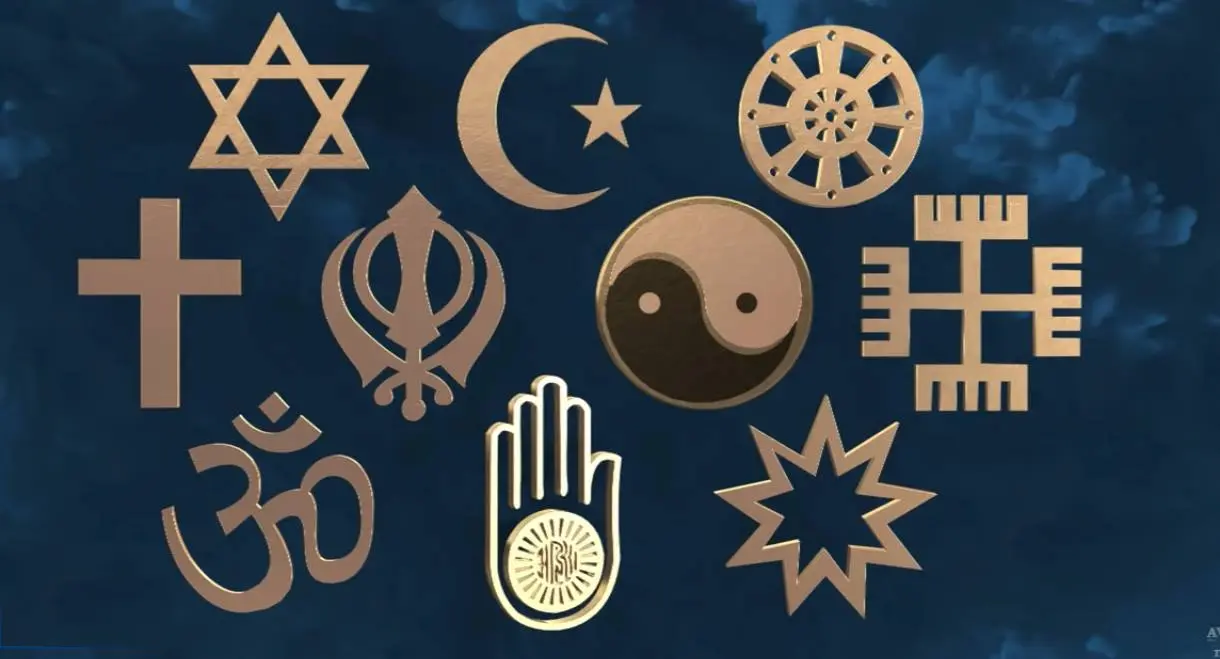
International Freedom of Religion or Belief Day occurs every 27 October and highlights that 83% of the world’s population live in countries where religious freedom is threatened.
International Freedom of Religion or Belief Day (October 27) promotes coexistence and respect between people of different cultures and religions, to foster stable and prosperous societies. It is a cause that has been taken up at the highest levels.
The US has an Ambassador-at-Large for Freedom of Religion and Belief, Sam Brownback. The United Kingdom has the Special Envoy for Freedom of Religion or Belief, Rehman Chishti.
What is Freedom of Religion or Belief?
All human beings are born free and equal in dignity and rights. Everyone, everywhere, must be free to be who they are based on what they believe without fear – as long as there is no danger or harm to other people and their fundamental rights.
Freedom of thought, conscience, religion or belief (FoRB) is a human right that we all equally have as members of the human family. It is an important right that protects our identities, based on the conscience and reason that we are all blessed with. Freedom of thought, conscience, religion or belief does not support the doctrines of religious institutions or organisations themselves. Without being able to have and practice our religious or non- religious beliefs, which allow us to fulfil who we are, we will not have the foundation for free, just and peaceful societies we all seek. Freedom of Religion and Belief is closely intertwined, interrelated and interdependent with other human rights. To enjoy Freedom of Religion and Belief fully, several other rights, including the right to ‘equality and non- discrimination’, must also be protected – and the other way around.
The International Covenant on Civil and Political Rights, which over 173 countries have ratified, says that:
“Everyone shall have the right to freedom of thought, conscience and religion. This right shall include freedom to have or to adopt a religion or belief of his choice, and freedom, either individually or in community with others and in public or private, to manifest his religion or belief in worship, observance, practice and teaching.” (Article 18.1)
The Banjul Charter or African Charter on Human and People’s Rights says that:
“Freedom of conscience, the profession and free practice of religion shall be guaranteed. No one may, subject to law and order, be submitted to measures restricting the exercise of these freedoms.” (Article 8)
In practice, this right means that people have the right, among other things, to meet and worship, establish organisations, write, teach, celebrate holidays and wear symbols of their religion or belief. – (1981 Declaration on the Elimination of Intolerance & Discrimination based on Religion or Belief).
So that we can all equally share in this human right, the right to Freedom of Religion and Belief is not unlimited. It does not protect harming others, including by coercing them to believe or act on something. Freedom of Religion and Belief also protects the right to criticise, change your religion or belief or have no religious beliefs.
Countries are obligated to make sure that there is no discrimination or violence in law, policy or practice because of religion or belief, no matter who the perpetrator is. There are social, economic, political, or other inequalities between different ethnic and religious communities – e.g. some people may be wealthier or have more representation in politics than others. Sometimes, people experience more discrimination or violence than other people because of their religion or belief as well as other parts of their (‘intersecting’) identity including their gender, age, ethnicity etc. – Not addressing known discrimination and inequalities is a violation of Freedom of Religion and Belief.
Sometimes, mistrust and anger towards people from other religious or ethnic communities may result in violence. If someone violently targets another person because of their religion or belief, or their own religion or beliefs, this is a violation of the right to Freedom of Religion and Belief.
No country is perfect. In every country around the world, and even in our own communities, people experience discrimination and even violence because of their religion or beliefs. For example:
In Africa, widespread violence between Christian and Muslim ethno-religious groups in the Western Sahel, including in Nigeria, Burkina Faso, Chad, Cameroon and Mali, has seen many thousands of people die and religious buildings destroyed. While socio-economic reasons play a large role in the conflict, people’s religious identities have increasingly been used to encourage more violence. In Ethiopia, tension and conflict between Ethiopian Orthodox, Protestant and Muslim communities has also caused several mosques and Muslim-owned businesses and Churches to be attacked since 2011. In the Central African Republic, Christian-Muslim violence and some forced conversions since 2013 has driven many out of the country. (SDG 16)
Members of Iranian religious minorities including Baha’is, Christians, Jews, Zoroastrians, and Sunni and Sufi Muslims, face discrimination, harassment, and unjust imprisonment because of their beliefs, while in China the authorities have subjected prisoners of conscience, including Falun Gong, Uighurs, Tibetan Buddhists, and underground Christians to a systematic programme of repression
Religious freedom includes equally sub-divisions and denominations of religions. Similarly, the freedom of religion of those – especially women and the young – who live in religiously conservative communities also merits scrutiny. There are also religiously conservative bodies which seek to impose conservative religious dogma on women’s reproductive rights or LGBTI+ people in the population as a whole. These also, are violations of a person’s rights to Freedom of Religion and Belief.
![]()



